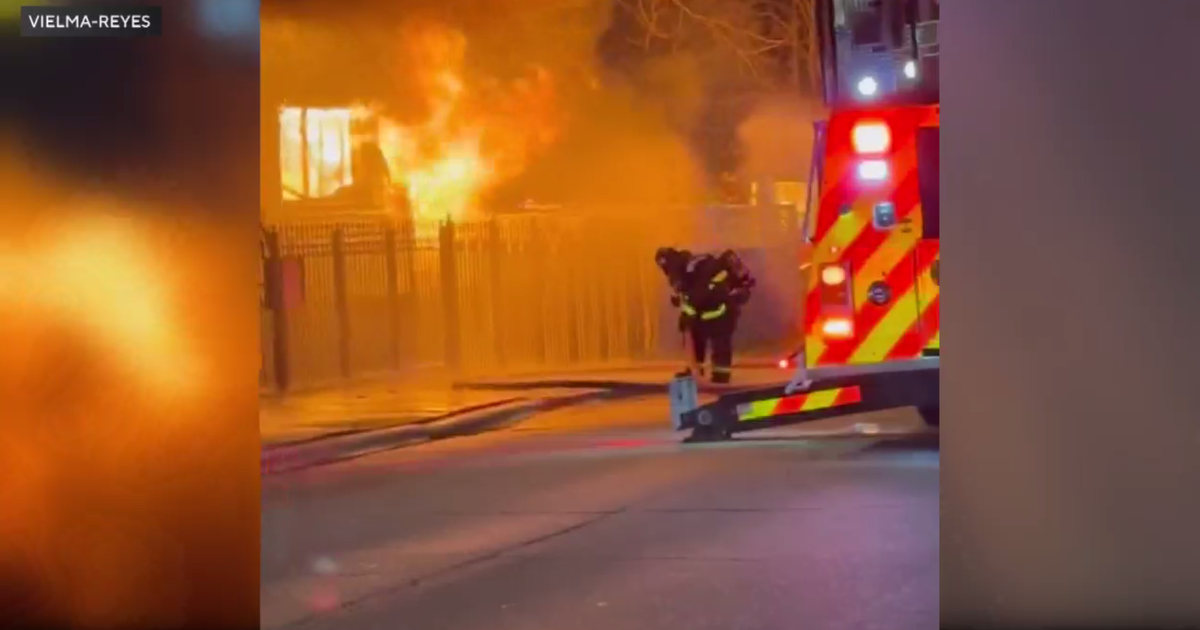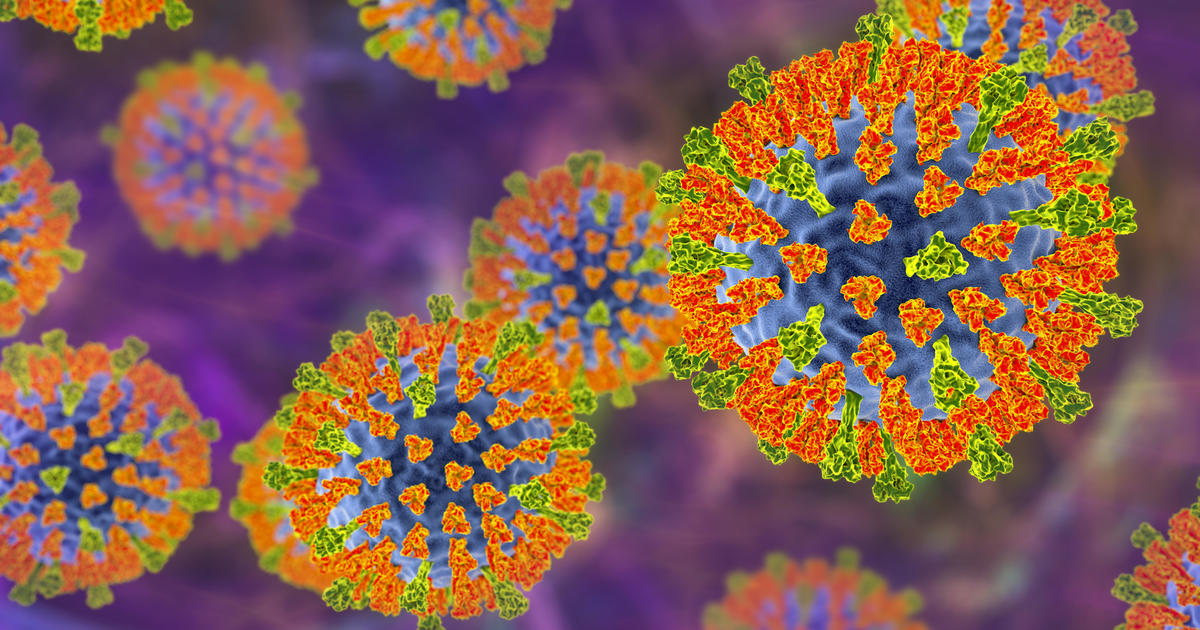2 SW Side Coal Plants Agree To Shut Down Early
Updated 02/29/12 - 4:08 p.m.
CHICAGO (CBS) -- For Latino community groups, it's a breath of fresh air. The operator of two coal-fired power plants on the Southwest Side has agreed to shut them down much earlier than expected.
As CBS 2's Derrick Blakley reports, it's the end of a long battle against air pollution and the diseases it triggers. Environmentalists have waged a long and fierce battle with the two coal-fired power plants – the Fisk plant, at 1111 W. Cermak Rd. in the Pilsen neighborhood; and the Crawford plant at 3501 S. Pulaski Rd., in the Little Village neighborhood.
Chanting "yes, we can" community activists gathered in the shadow of the Fisk power plant on Wednesday, flashing the victory sign, and celebrating the coming closure of two major polluters.
Lillian Marian Molina, with the Little Village Environmental Justice Organization, said, "Parents will not have to miss work, due to their children having asthma attacks. They won't have to rush their children to the hospital as frequently. They won't have to look at these polluting facilities much longer."
The owner, Midwest Generation, has reached a deal with Mayor Rahm Emanuel to close the plants earlier than expected. Fisk will close by the end of the year, and Crawford will shut down by the end of 2014.
An earlier agreement with the state would have kept them open until 2018.
The deal will shutter the plants without the risk of an expensive court battle.
In January, residents of Pilsen and Little Village filed a lawsuit in Cook County Circuit Court, calling for an order to close the plants on the grounds that they are emitting sulfur dioxide into both neighborhoods.
The emissions create a very heavy black or white powder that requires constant cleaning and makes residents prisoners in their homes, precluding them from full use and enjoyment of their properties, the suit said. Some of the chemicals generated also are extra hazardous and are known carcinogens.
Bridgeport pastor Rev. Tom Gaulke, with the Clean Power Coalition, said, "It's nice that finally a decision was made that is good for the people, rather than good for the people who are trying to make a profit."
The demonstrators were arrested, but the protests drew attention to the health issues created by the coal plants.
Both actions were set to coincide with a U.S. EPA public hearing on increased pollution controls from coal-burning plants.
About 80 percent of the residents within three miles of the power plants are Hispanic.
The health effects caused by the soot, or particulate matter, spewed from the plants ranges far beyond those neighborhoods, increasing cases of asthma, chronic bronchitis, and more.
Dr. Ravi Grivois-Shah, a family physician with the Cook County Health and Hospital Systems, said, "We believe there's over 600 extra heart attacks in Chicagoland, because of soot emissions from power plants; as well as nearly 350 deaths prematurely, because of soot emissions from power plants."
Rates of hospitalization for asthma are twice as high in the Chicago area as the nationwide rate, and Hispanic and African-American communities have asthma death rates four to six times higher than the overall population.
Shutting down these two plants won't resolve those disparities overnight, but the hope is for gradual improvement over time.



